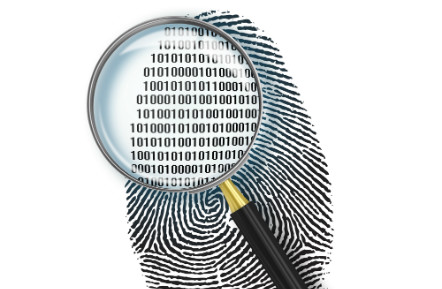The Committee of Ministers has adopted guidelines to facilitate the use of electronic evidence in court proceedings.
These guidelines are the first such international instrument. Their primary purpose is to help the 47 member states adapt the operation of their judicial and other dispute-resolution mechanisms to address issues arising in relation to electronic evidence in civil and administrative proceedings.
The guidelines deal with oral evidence taken by a remote link, use of electronic evidence, collection, seizure and transmission of evidence, relevance, reliability, storage and preservation, archiving as well as awareness-raising, review, training and education.





